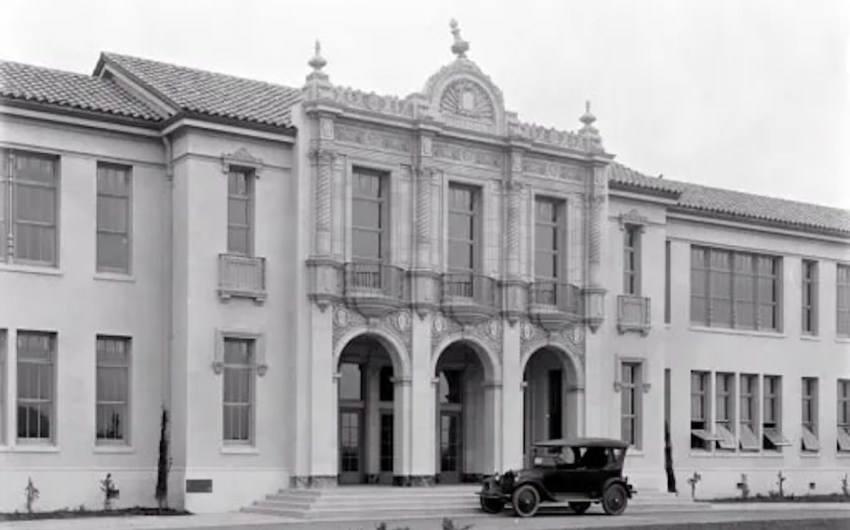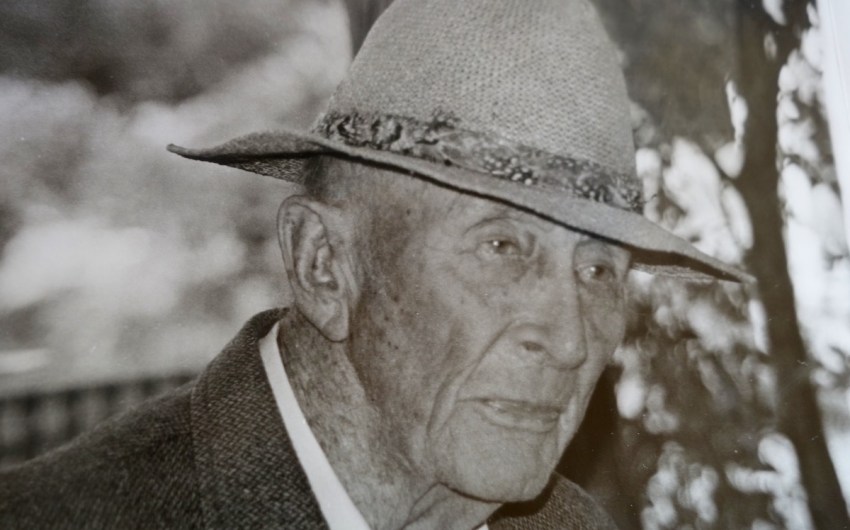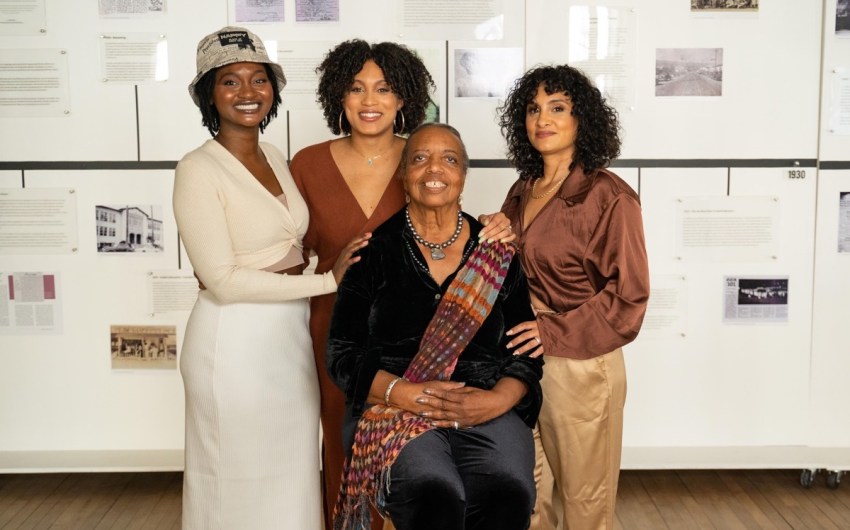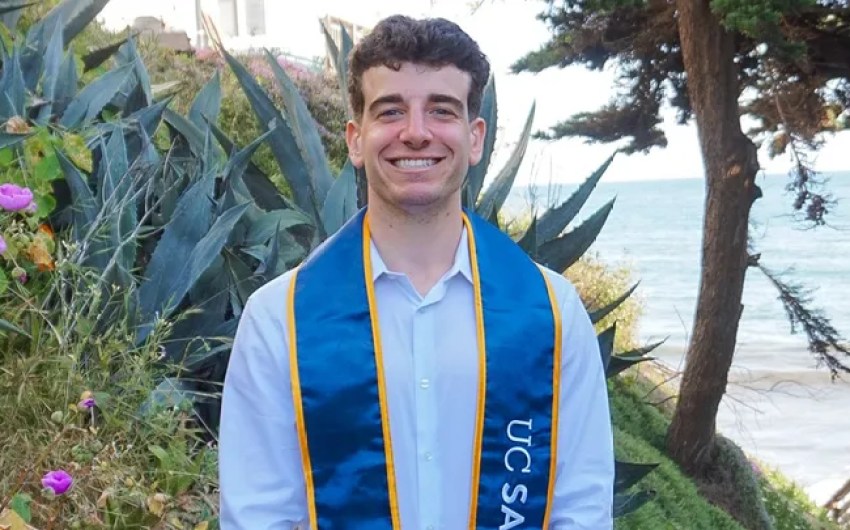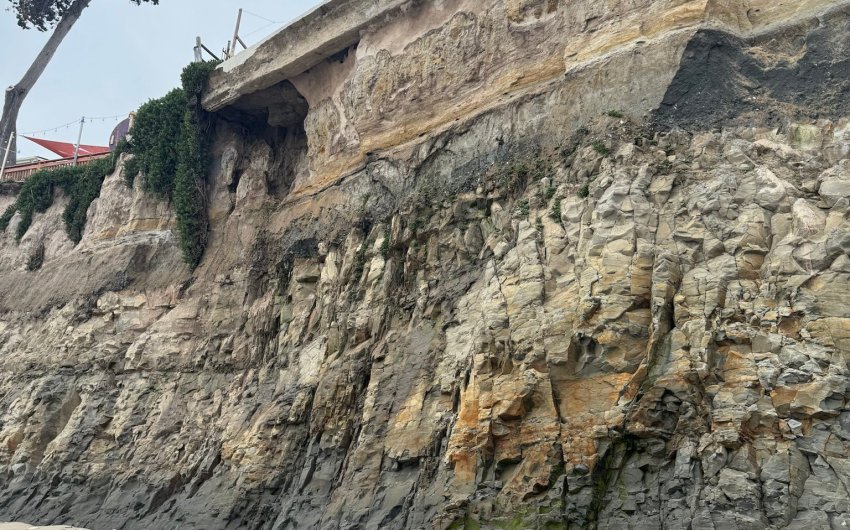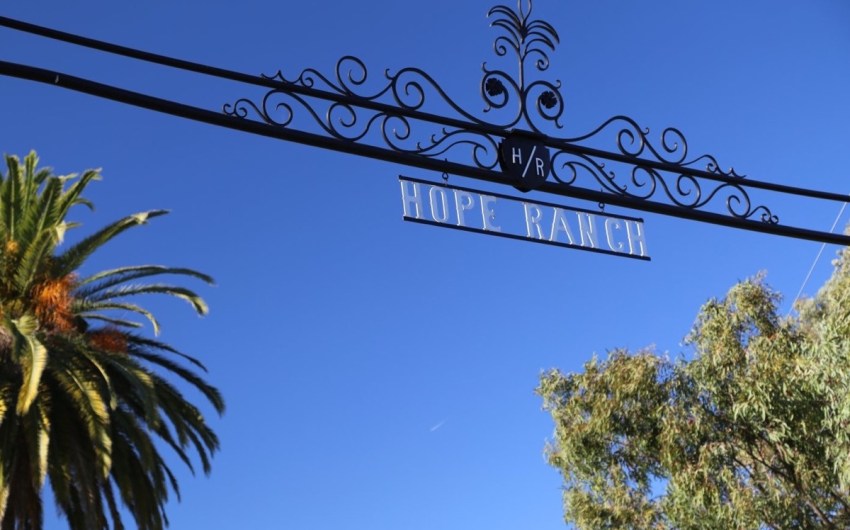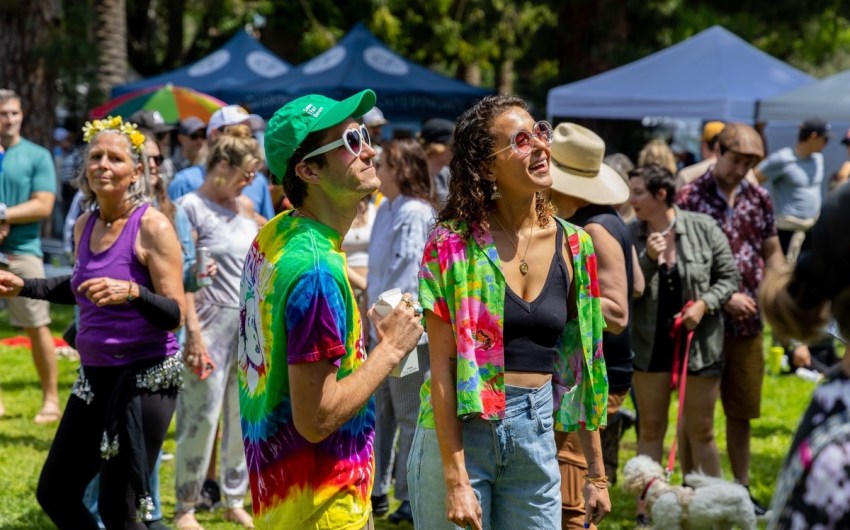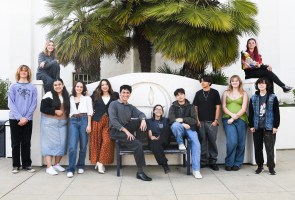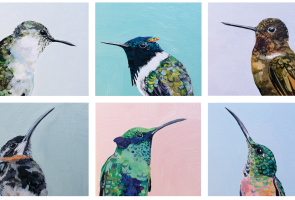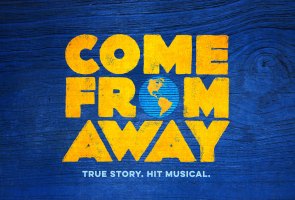Jeopardy Winner, UCSB Doctoral Candidate Examines History of Child Sexual Abuse, Celebrity, and Public Memory
Kristen Thomas-McGill Dives into Historically Specific yet 'Disturbingly Familiar' Case of Sir Hector 'Fighting Mac' Archibald MacDonald

This article was originally published in UCSB’s ‘The Current‘.
That Kristen Thomas-McGill likes to get her facts straight is an understatement. She has stood on the Sony stage three times as a Jeopardy contender, taking home the bragging rights of one night’s win and nearly $30,000 in cash prizes.
So, when she learned the shadow story of Sir Hector “Fighting Mac” Archibald MacDonald (1853–1903), a celebrity soldier of the British empire and a national hero in Scotland, she couldn’t let it go. She sought to prove that he was no hero — and that his court-martial (which was curtailed by his suicide) was connected to allegations of child molestation. In an archive in Birmingham, England, she found the receipts: statements from the children MacDonald abused and the language used by his superiors who sought to prosecute him.
“I use telegrams and letters previously believed destroyed to show conclusively that the 1903 scandal surrounding MacDonald’s court martial and suicide was not, as has been speculated, a snobbish English conspiracy against a poor Highlander risen above his station,” said Thomas-McGill, who is completing her doctorate in history at UC Santa Barbara. “Nor was MacDonald an ‘unfortunate homosexual’ brought down by commonplace imperial homophobia like some have thought. Instead, the scandal was triggered when a 16-year-old British boy in Ceylon disclosed that MacDonald had sexually abused him and his 13-year-old brother.”
In her research, Thomas-McGill examines the historically specific yet “disturbingly familiar” ways in which an influential celebrity was able to translate his fame into sexual access to children. It adds to a growing body of work demonstrating that children’s sexual exploitation was a central feature of colonial rule while also presenting evidence that “in certain circumstances, children’s disclosures of sexual abuse could be believed and taken seriously by family members, government officials and the press in ways that seem surprisingly modern.”
MacDonald, who enlisted as a private, made his way up the ranks to major general, an unusual success story that was accompanied by enormous fame and a posting commanding the troops of Ceylon, now Sri Lanka, which was a British colony at the time. In 1903, he was about to be court-martialled for reasons not released to the public, but before his trial, he died by suicide.
“The way that people afterward have interpreted it, not knowing that he was a child molester was that, ‘Oh, this was an Oscar Wilde kind of thing,’ where the authorities were going after him because he was gay. The same-sex angle bothered them, but not as much as the fact that they were kids,” said Thomas-McGill, “I found the testimony of the children.”
His known victims were all boys between 12 and 16, according to Thomas-McGill. One of them, a British 16-year-old living at a boarding school with his 13-year-old brother, wrote a letter to his guardian telling him that MacDonald was abusing them. The guardian believed him, and within a week the governor was investigating and the school principal was holding interviews with the entire student body. Seven boys gave testimonies of abuse.
“It was an all boys Christian boarding school for only European kids,” Thomas-McGill said. “These were all white boys, which matters because had they been so-called ‘natives,’ it wouldn’t have mattered as much to the British.”
In response, MacDonald was sent back to London and the boys’ families agreed not to say anything. But the boy’s letter and the children’s statements were also sent to the British Army and War Office, which supervises the Army. “Amazingly, the Army and the War Office were not willing to sweep it under the rug. Even though MacDonald was actually this amazing recruiting tool for them and this massive PR victory, they were willing to prosecute him for this, and they started setting up a court martial.” But before it began, as word of an impending trial got out, he ended his life.
To uncover the boys’ testimonies, Thomas-McGill traveled to the Joseph Chamberlain Collection at the Cadbury Research Library at the University of BirminghamThere she found the first boy’s letter as well as statements from the children and communication among British officials.
“It was a very emotional experience holding those letters because I’m not the first person to write about MacDonald,” she said. “He has been looked at before but people haven’t really taken seriously the indications that it was about kids. Since the 1960s, historians have known that there’s this document saying that it was about what the governor of Ceylon called ‘a habitual crime of misbehavior’ with ‘several school boys,’ so they knew that it involved kids, but nobody’s ever really studied it as child abuse.
“Now that I have their testimonies, you can see that they were talking about it in terms that really echo the way we think of child sexual abuse today. They were confused about what happened. They were embarrassed about it, they didn’t know what to do, but they talked about just trying to get away from him… These kids were pretty clearly describing abuse.”
Thomas-McGill’s scholarship is transforming our understanding of the history of child sexual abuse in modern Britain and its empire, said history Professor Erika Rappaport, who is also Thomas-McGill’s dissertation advisor. “(She is) tracing the varied ways in which people talked about, silenced, redefined or willingly forgot to remember the sexual assaults committed by Sir Hector MacDonald. She examines what MacDonald’s victims actually said about their assault, and how, why and why not teachers, ministers, colonial and military officials and even the British crown believed their story.”
After MacDonald died, he was hailed as a massive hero and people built memorials to him. We don’t know what happened to the children he abused but Thomas-McGill would like people to acknowledge that they existed.
Premier Events
Sun, Apr 28
6:00 PM
Santa Barbara
AHA! Presents: Sing It Out!
Thu, May 02
5:00 PM
Santa Barbara
Things with Wings at Art & Soul
Sat, May 04
10:00 AM
Lompoc
RocketTown Comic Con 2024
Sat, Apr 27
11:00 AM
Santa Barbara
Santa Barbara Plant Fest
Sat, Apr 27
3:30 PM
Santa Barbara
Santa Barbara Trapeze Co and Unity Shoppe Spring Food Drive
Sat, Apr 27
8:00 PM
Santa Barbara
Beau James Wilding Band Live
Sun, Apr 28
11:00 AM
Santa Barbara
Santa Barbara Earth Day Festival 2024
Wed, May 01
7:30 PM
Santa Barbara
American Theatre Guild Presents “Come From Away”
Thu, May 02
5:00 PM
Santa Barbara
100th Birthday Tribute for James Galanos
Thu, May 02
5:00 PM
Santa Barbara
Meet the Creator of The Caregiver Oracle Deck
Fri, May 03
4:00 PM
Santa Barbara
Santa Barbara Fair+Expo “Double Thrill Double Fun”
Fri, May 03
8:00 PM
Santa barbara
Performance by Marca MP
Sat, May 04
10:00 AM
Solvang
Touch A Truck
Sun, Apr 28 6:00 PM
Santa Barbara
AHA! Presents: Sing It Out!
Thu, May 02 5:00 PM
Santa Barbara
Things with Wings at Art & Soul
Sat, May 04 10:00 AM
Lompoc
RocketTown Comic Con 2024
Sat, Apr 27 11:00 AM
Santa Barbara
Santa Barbara Plant Fest
Sat, Apr 27 3:30 PM
Santa Barbara
Santa Barbara Trapeze Co and Unity Shoppe Spring Food Drive
Sat, Apr 27 8:00 PM
Santa Barbara
Beau James Wilding Band Live
Sun, Apr 28 11:00 AM
Santa Barbara
Santa Barbara Earth Day Festival 2024
Wed, May 01 7:30 PM
Santa Barbara
American Theatre Guild Presents “Come From Away”
Thu, May 02 5:00 PM
Santa Barbara
100th Birthday Tribute for James Galanos
Thu, May 02 5:00 PM
Santa Barbara
Meet the Creator of The Caregiver Oracle Deck
Fri, May 03 4:00 PM
Santa Barbara
Santa Barbara Fair+Expo “Double Thrill Double Fun”
Fri, May 03 8:00 PM
Santa barbara
Performance by Marca MP
Sat, May 04 10:00 AM
Solvang

